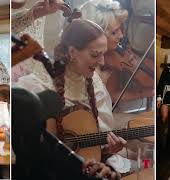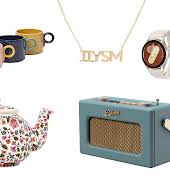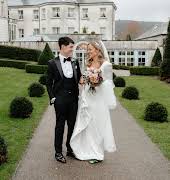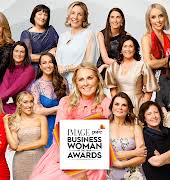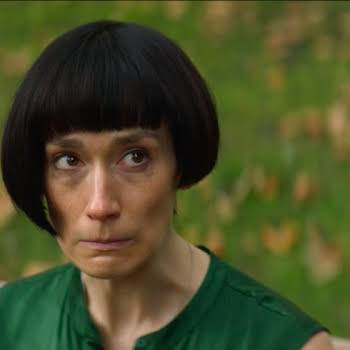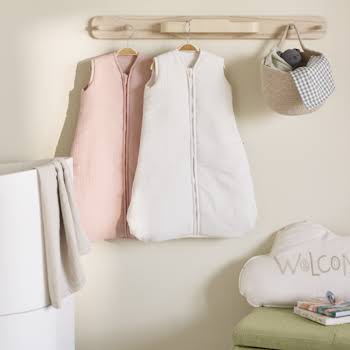
By Edaein OConnell
25th Mar 2019
25th Mar 2019
Sometimes, it’s hard to describe feelings. This one proving especially difficult. The feeling of growing disparity between my parents and me. The realisation that they are getting older, and that I am beginning to notice.
Growing up, ageing isn’t really a thing. There were two groups of people in the world; young and old. You were young (and would be forever), and your fearsome protectors would always stay the age they were when you were seven years old.
Then, suddenly you’re over the hump of teendom and hurtling into adulthood; you aren’t the age you were before and neither are your parents. Milestones such as retirement, which you once thought very little of, now feel like major destructors in your life. Both of my parents are retiring in the next five months and I’m struggling to grapple with it.
Don’t get me wrong, I couldn’t be happier for them both. They have been working nearly 80 years between them and deserve this newfound freedom. But for their youngest child, the concept of them not working is alien to me. It is all I know.
Our roles have changed
Maybe it’s because my career and working life are just beginning, and their working lives coming to an end shows how our roles have inevitably changed. This isn’t a Morbid Milly type of story; my parents are thankfully hearty, healthy and full of fervour for travel and adventure. They returned from a recent holiday and I had to refrain from accusing my father of getting botox because it seemed all his wrinkles had miraculously disappeared (he truly believes it’s the farm air and the smell of ‘Eau de slurry’ that maintains his youthful looks).
But my subconscious, which is defined by a preconceived notion of what retirement is, sees my parents as different entities now. They are by no means old, but this different chapter seems like an ending to the substantial chapter of their youth. Retirement can seem like a cheap hint they’re becoming too old for a workforce which vibrates with the young (no matter how fit or healthy they may be).
Worry ensues
Then you hear of a friend’s parent, whose hand has broken and isn’t healing quite as quickly as expected. A minor fracture turns into an operation, and stints and physio. The healing process isn’t so speedy anymore.
Subsequently, a whirlpool of worry begins. What would happen them if they were to fall? What if they were alone? Who will be there to look after them while they heal? I’ve noticed myself getting more angsty with my mother about any niggle she may have. She tells me she has a sore finger, and I suddenly become Dr Know It All advising her to go to the hospital straight away, because it might have to be amputated. The awareness is excruciating and quickly turns into an epiphany; the caretaker roles are shifting.
Who’s the caretaker now?
Many of us realise that, at some point, we will become keepers for our loved ones. It won’t happen straight away; it could be ten or twenty years from now, or it may never happen. However, in slow steps, you mentally prepare so that it isn’t as hard or disconcerting. Getting older means your level of dependence on your parents evolves. Before it was for food, shelter, education and development, but now it’s for comfort. It’s the feeling that they are there for a chat, for a phone call or a hug. The soothing knowledge that the unconditional love they provide will guide you through even the most treacherous of tempests.
It’s going to be okay
All of a sudden it hits you; a side glance, a certain look, and you realise that time moves quickly. They are ageing, and you are too. So the roles change, but maybe that’s okay? You become something different for each other, both equally as dependable on one another for different reasons. Our parents on us for extra help, compassion and protection; and us on them for solace and love. The relationship has been churning over the years. At various points, our duties have changed but this particular awareness is just slightly more difficult to comprehend. Maybe because we are conscious we have quite a lot more to lose.
As difficult as it is to comprehend my parents retiring and getting older, I’ve learned to cherish them more. Every conversation, every text, every laugh become a little treasure I hold close. And I think that is a worthy lesson to learn (even this early on).
Some things will never change
No matter how much I believe I am growing and maturing, however, I will always take one step back. Because a spider will make an appearance on the stairs in my house in Dublin and I will ring my mother in Kerry; crying; asking her what I should do about it. Subsequently, she calms me down and guides me through the process.
Then you have to ask; do we ever really age at all?
Photo: Unsplash
More like this:


